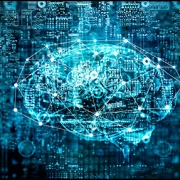It is not bosses but in-demand staff who dictate employment conditions
Raj Choudhury, an economist from Harvard Business School, is quoted in a Wired article as arguing that the most sought-after job candidates who end up shaping what our jobs look like.
His most recent deduction is that staff now demand much greater flexibility than ever before.
That means employers will need to be open to the options of hybrid working, remote working and variants and will no longer be able to insist on staff being present in the office at all times if they want to retain them.
While working from home became the norm during the Covid pandemic, staff have noticed the benefits and the desire to continue in this way has therefore not gone away.
The article suggests that “established firms will be presented with the decision of whether to hang on to expensive real estate and slow-to-evolve managers, or to just dash to chase the new trend”.
For more on this: https://www.wired.co.uk/article/remote-work-office-labor




